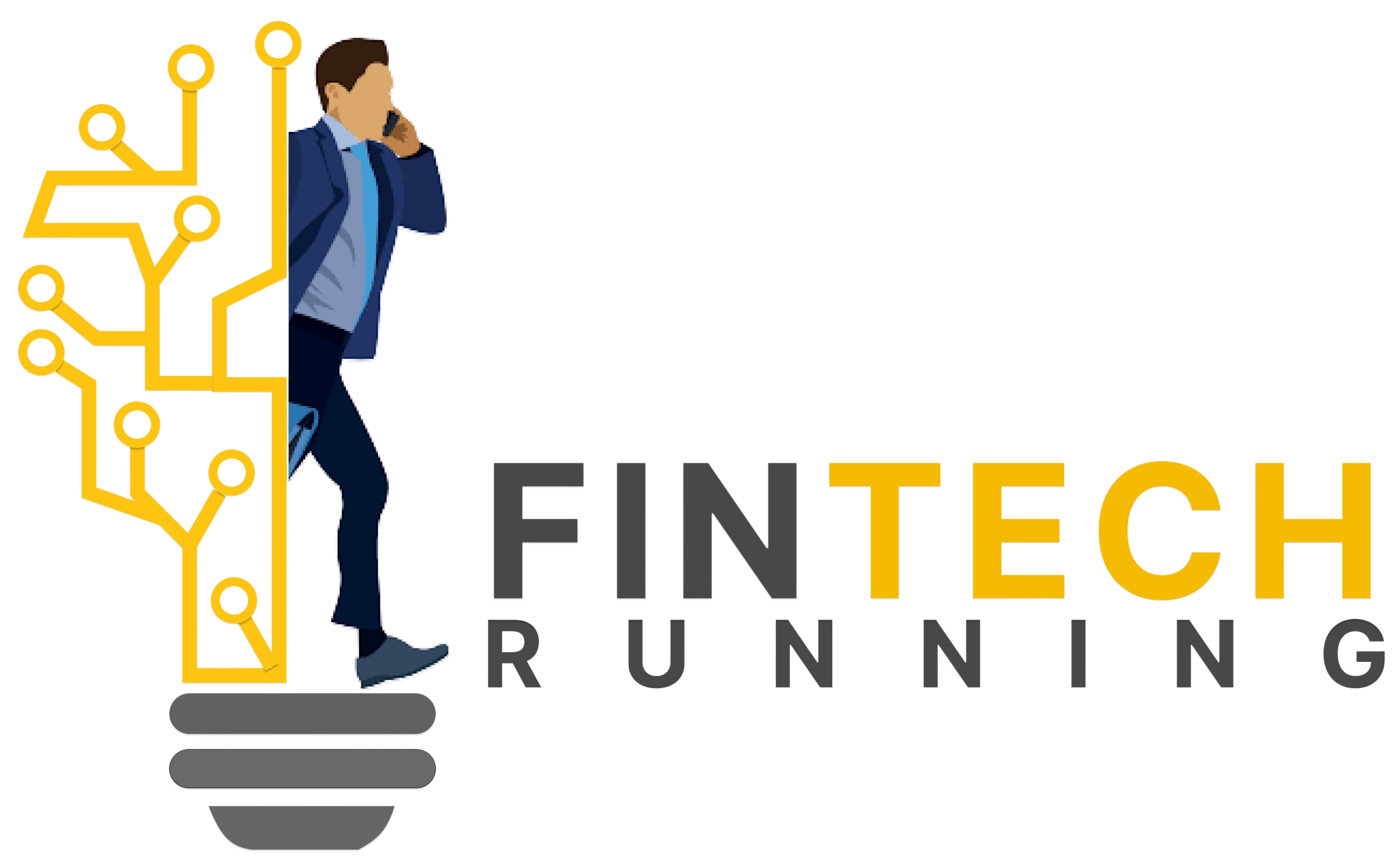Digital Wallets and Fintech Services

In the age of digital transformation, two terms have become increasingly synonymous with the modern financial landscape: digital wallets and fintech. The integration of these two concepts has given rise to a revolution in the way we manage and transact money. In this article, we will explore the significance of digital wallets and fintech and how their synergy is reshaping the world of financial services.
Understanding Digital Wallets
Digital wallets, also known as e-wallets or mobile wallets, are secure software applications that store various forms of payment information, including credit and debit card details, bank account information, and even cryptocurrencies. They facilitate seamless online and offline transactions, making it possible for users to pay for goods and services digitally. Some popular examples of digital wallets include Apple Pay, Google Pay, PayPal, and cryptocurrencies like Bitcoin and Ethereum.
The Rise of Fin-tech
Fintech, short for financial technology, is a broad term that encompasses the use of technology to deliver financial services more efficiently. It includes a wide range of innovations, from peer-to-peer lending platforms and robo-advisors to blockchain-based solutions and digital payment systems. Fintech companies are disrupting traditional financial institutions by offering more accessible and cost-effective services, promoting financial inclusion, and enhancing the overall customer experience.
The Synergy Between Digital Wallets and Fintech
1. Convenience and Accessibility:
The integration of digital wallets and fintech has made financial services more convenient and accessible to a global audience. With just a smartphone and an internet connection, individuals can access a wide array of financial services, from making payments and transferring money to investing and managing their finances.
2. Contactless Payments:
Digital wallets have played a crucial role in the rise of contactless payments. They enable users to make in-store purchases without physical cash or cards, enhancing security and reducing the risk of fraud. This shift in consumer

behavior was accelerated by the COVID-19 pandemic, as people sought touchless payment methods.
3. Financial Inclusion:
Fin-tech, in collaboration with digital wallets, is improving financial inclusion by providing services to undeserved populations. In many regions, traditional banking infrastructure is limited, but access to mobile phones is widespread. Digital wallets and fin-tech solutions bridge the gap, allowing people to participate in the formal financial system.
4. Personal Finance Management:
Fin-tech applications integrated with digital wallets provide users with powerful tools for personal finance management. These applications analyze spending patterns, offer budgeting advice, and even provide investment suggestions, empowering individuals to make informed financial decisions.
5. Cryptocurrencies and Blockchain:
Fin-tech has opened the door to cryptocurrencies and blockchain technology. Digital wallets are often used to store and transact cryptocurrencies, while blockchain enhances security and transparency in financial transactions, reducing the need for intermediaries.
Challenges and Future Prospects
While the synergy between digital wallets and fin-tech has transformed financial services, it also poses certain challenges. Data security, regulatory compliance, and the need for interoperability among various platforms are ongoing concerns. However, as technology advances and regulations evolve, these challenges are being addressed.
The future of digital wallets and fintech appears promising. With ongoing innovations in areas like artificial intelligence, machine learning, and biometric authentication, we can expect even more secure and convenient financial services. Additionally, the integration of digital wallets and fintech will likely continue to expand to areas such as insurance, lending, and wealth management, further reshaping the financial landscape.
Conclusion
Digital wallets and fin-tech have converged to create a dynamic and trans-formative force in the world of finance. This synergy has enabled greater convenience, accessibility, and financial inclusion while driving innovation and efficiency. As these technologies continue to evolve, they will undoubtedly play a central role in shaping the future of financial services, providing users with new opportunities and enhancing their financial well-being.






